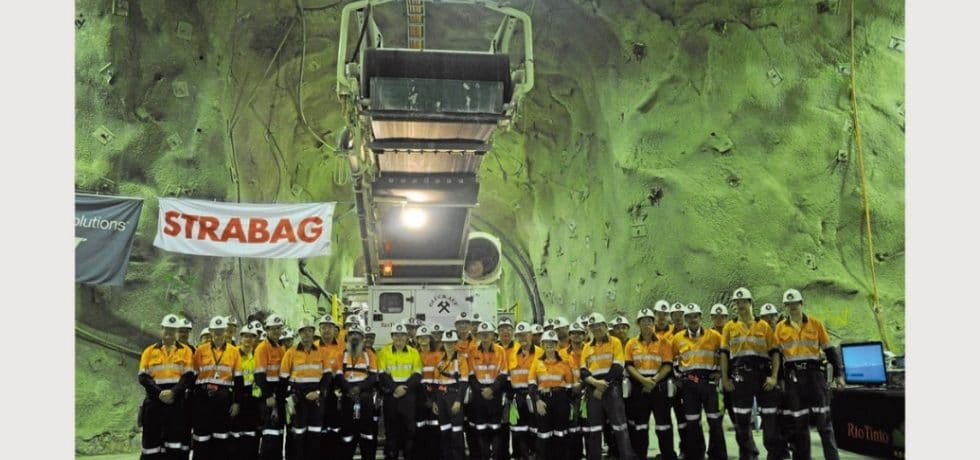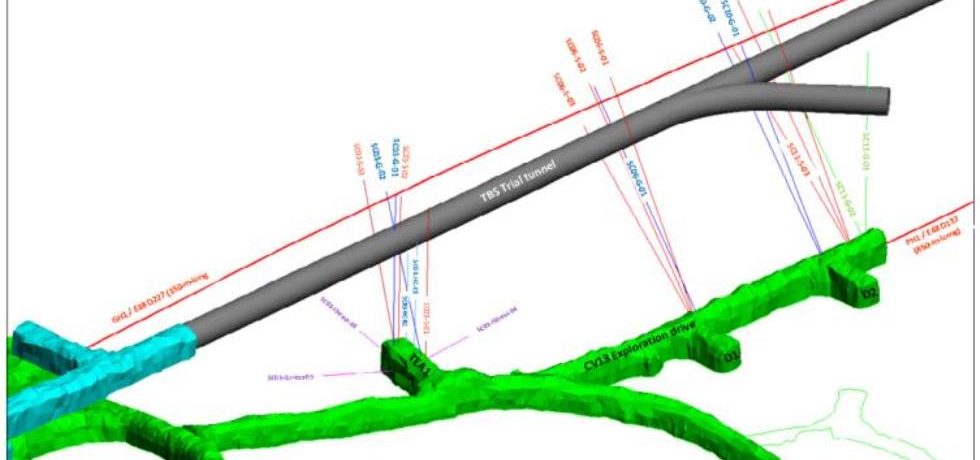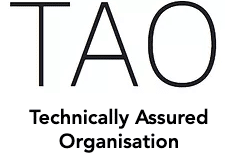THE PROJECT
As part of its Mine of the Future program, Rio Tinto began a trial of a prototype tunnel-boring machine in 2013 at its Northparkes underground copper-gold mine. The goal of the project was to demonstrate that mechanised means of excavation can be faster than conventional drill-and-blast methods when establishing new-block cave mines. The tunnel-boring machine was to excavate a 1.4 km long horizontal drive at a depth of 600 m in hard rock. Ground support comprised rock bolts and shotcrete, installed by the machine.
PSM was engaged to provide site geotechnical support to the tunnel-boring team. PSM was also responsible for preparing factual and interpretive site investigation reports and a ground control management plan (GCMP) for the development drive.
ENGINEERING AND TECHNICAL OPPORTUNITIES
A novel excavation method in combination with high in-situ stresses and jointed volcanic lithology led to challenging rock mass behaviour. Unexpected operational problems as a result of use of a prototype machine needed timely geotechnical solutions. Underground geotechnical support was required at all times during the 24-hours a day excavation. The trial nature of the project was an opportunity to collect extensive data collection and monitor the program to assess machine performance and rock mass behaviour.
APPROACH AND INNOVATION
Following rigorous assessment and modelling, PSM’s tailored approach included:
- Investigation of up to 800 m long horizontal cored boreholes parallel to the drive
- Implementation of a geotechnical and seismic monitoring program comprised of geophones, accelerometers, rod and wire extensometers, and hollow inclusion stress cells
- Collection of data using LiDAR scanning to assess shotcrete thickness, crack-pin monitoring of spalling ground, Schmidt hammer testing for rock strength and photographic assessment of muck size
- Development of a risk assessment system to allow access to the excavation face.
OUTCOMES
PSM provided geotechnical support which could be adapted to the dynamic process of a trial operation, while still maintaining a strong technical basis. The successful large monitoring and instrumentation program incorporated innovative data collection methods leading to improved data quality, safety to personnel and saved time.
Services: #Geotechnical #Northparkes #Tunnelling







